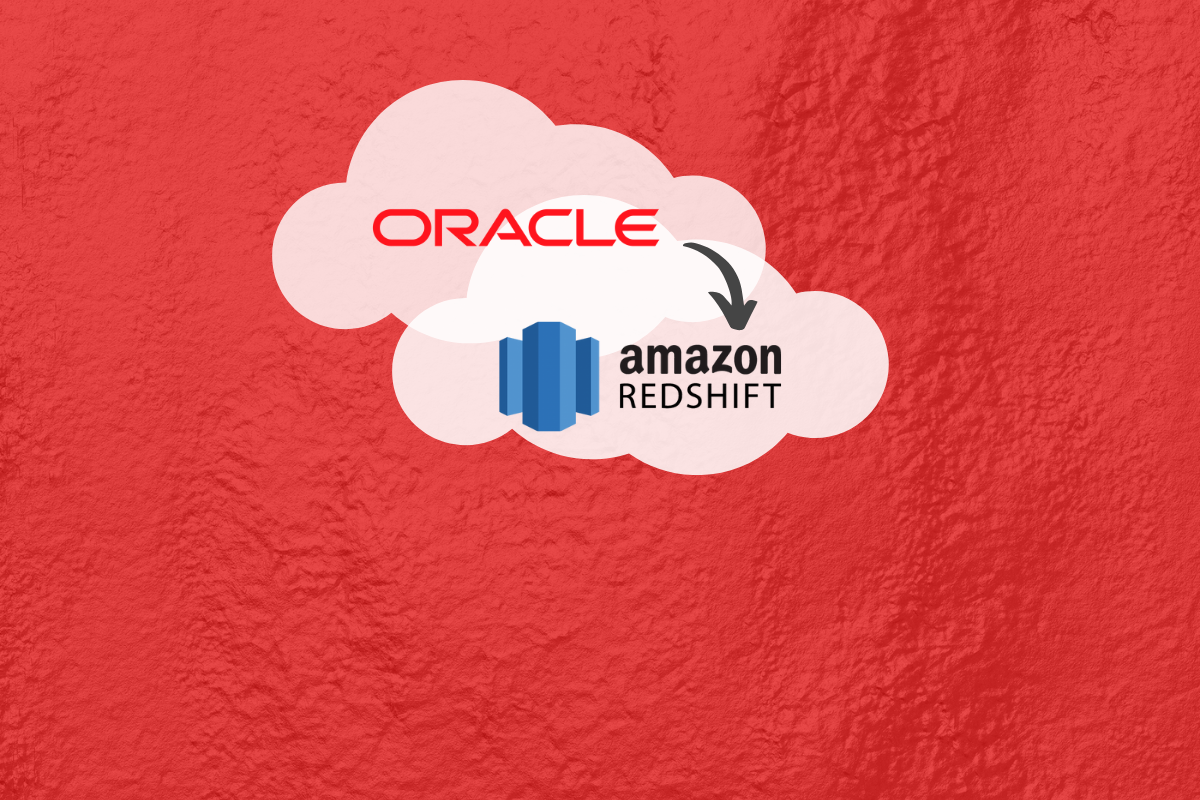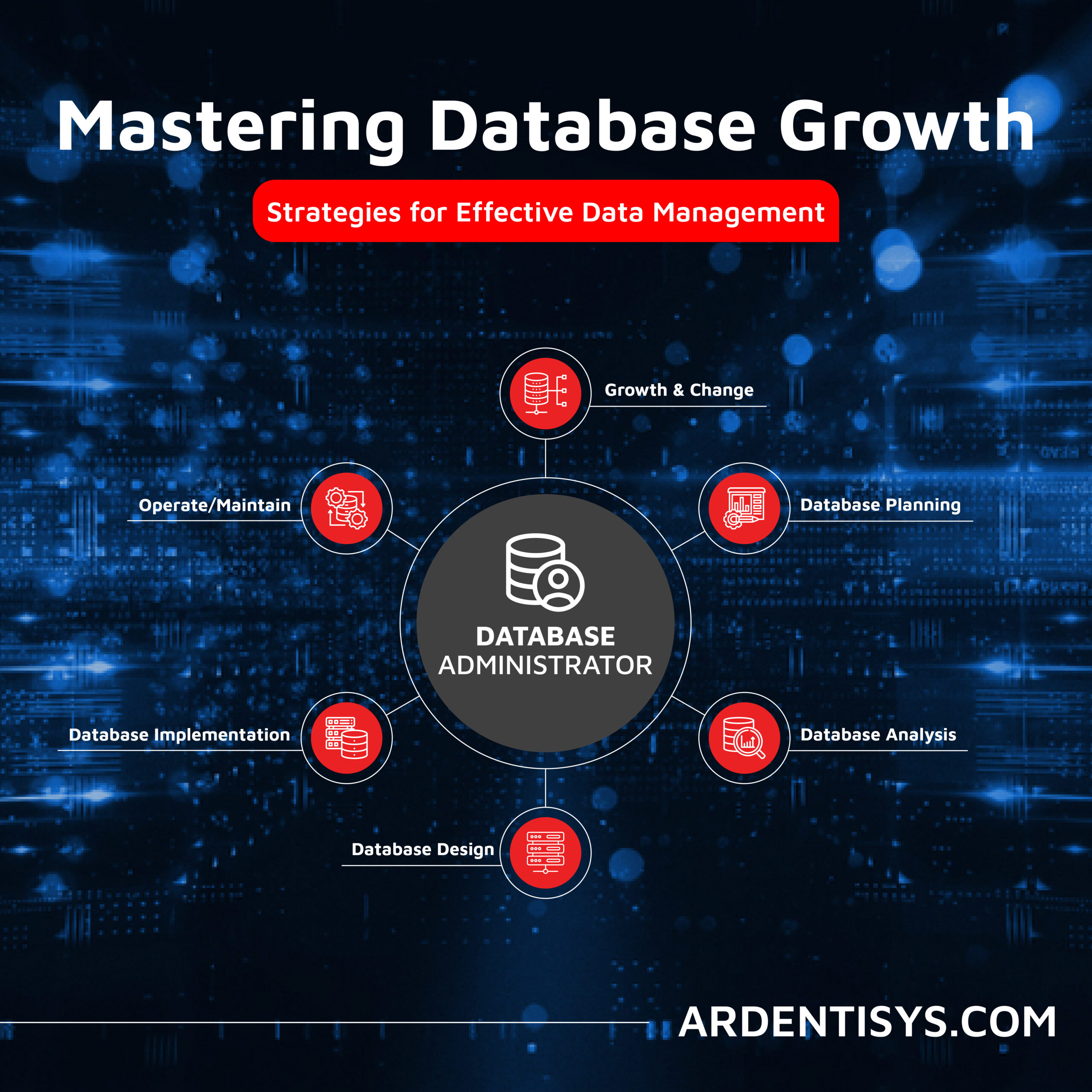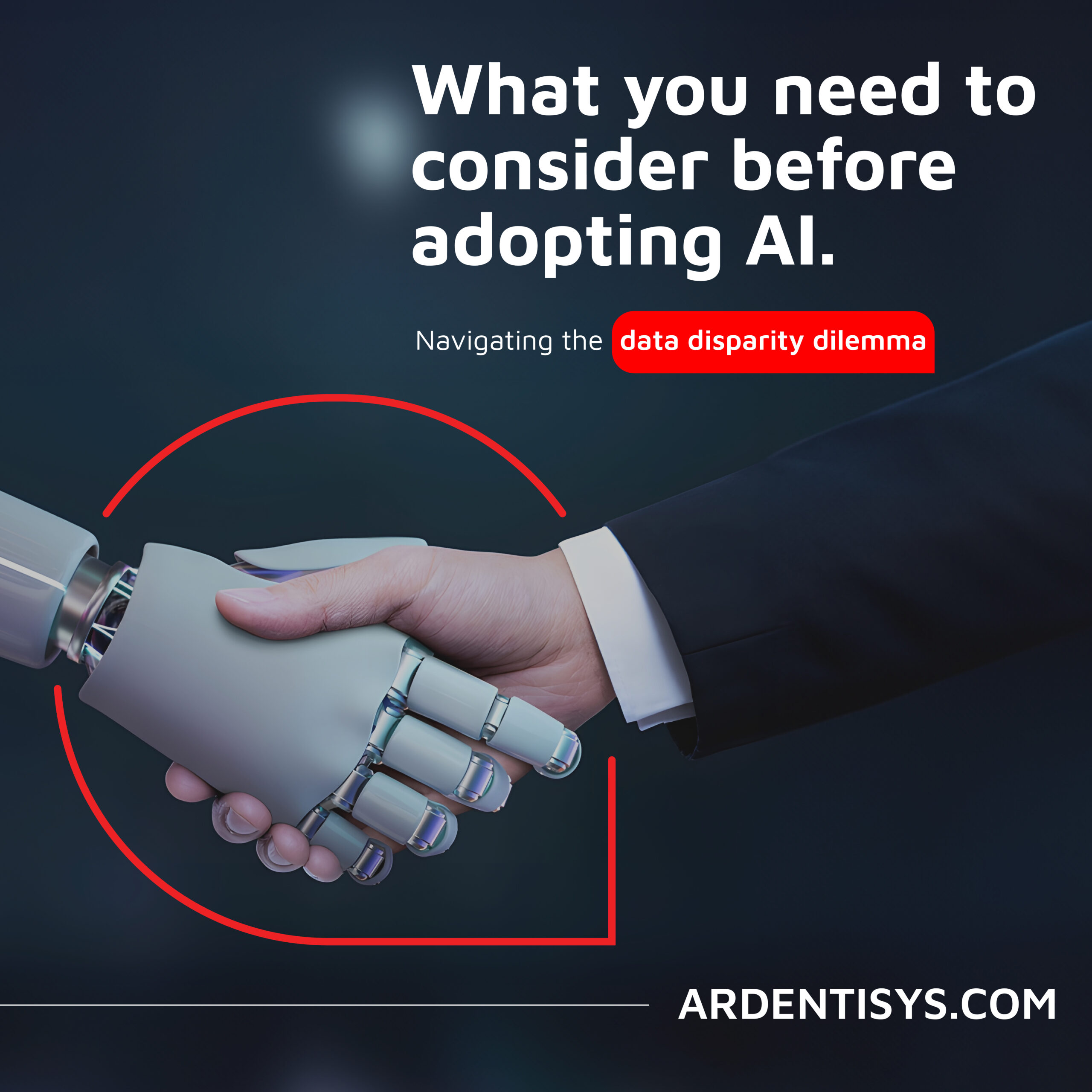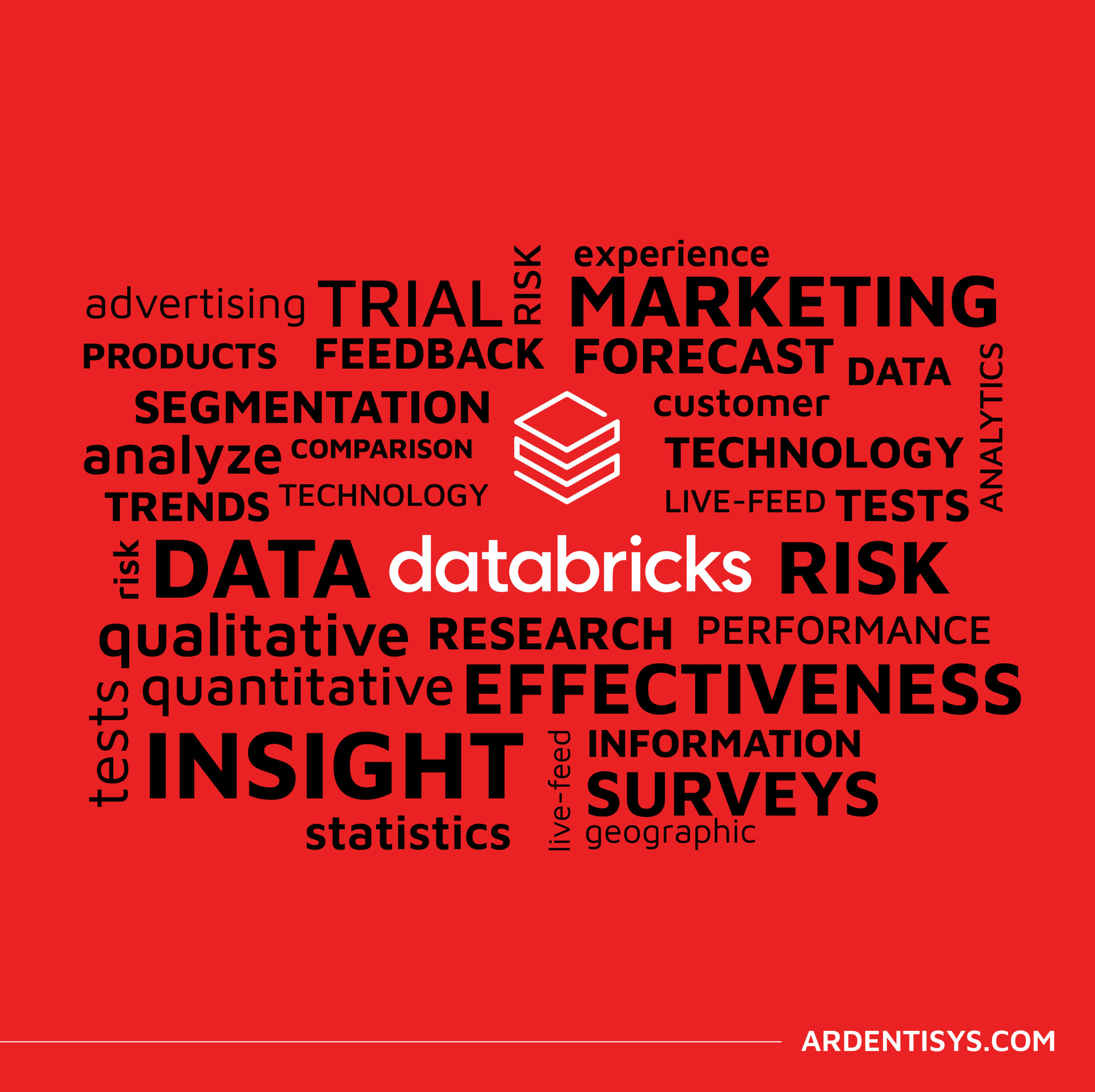Oracle to Redshift data migration and what you need to consider
21 September 2022 | Noor Khan

Migrating your data can be a complex and challenging process especially if you are dealing with large volumes of varied data. Therefore, it is vital to understand the key benefits and limitations of the destination platform of your data.
Hosting and making use of your data on a cloud service can make it much more accessible and provide extra security and functionality. More than likely your data will evolve and grow, therefore you may outgrow your existing data platform. In this article, we look at Oracle to Redshift data migration and what you need to consider.
What is the Oracle Cloud Infrastructure (OCI)?
Oracle is a public cloud platform, that has been developed to improve existing processes and to make data solutions more streamlined, functional, and accessible. The platform accelerates migrations of existing workloads and offers reliability and high performance.
Some of the services Oracle supports include: data migration, creating custom builds, developing new applications on the cloud, and running processes from existing workloads.
The pros and cons of using Oracle
Oracle has tools to make the data migration process easier, such as the Oracle Data Pump, this utility allows for very high-speed movement from one Oracle DB to another.
The platform also offers isolated network virtualisation, to prevent attacks, and has a custom-designed SmartNIC.
The autonomous guiding has been designed to be user-friendly, with fast loading, and helpful hints provided.
However, location-based access control can cause issues, and there isn’t as much of a knowledge base for support, compared to other cloud services.
Choosing to work with AWS Redshift
Redshift is a cloud service offered by Amazon and is known for performance innovation, secure and reliable data warehouse storage, predictive insights, and scalable analytics.
Redshift offers fully managed petabyte-scale data warehouse space, and the service is often said to be fast, scalable, and cost-effective.
Ardent is a certified AWS partner, read more on what that means for you.
The pros and cons of using Redshift
Redshift is known for providing fast-scaling and robust security tools, with ease of use and accessibility – which is also supported by a large knowledge base and assistance.
However, users are required to understand the distribution and sort keys for indexing data, and it doesn’t work as a live app database.
When it comes to migrating the data, your internal systems have to send information to the system or utilise USB drives to an AWS shipper – which can affect the ability to send over data to be warehoused, especially for small businesses who have capped data usage.

Why migrate your data from Oracle to Redshift?
Data migration comes about from improving data storage and retrieval, upgrading functionality, gaining confidence in using technology, or simply outgrowing an existing cloud platform. These may be just some of the reasons you may opt to move your data from Oracle to Redshift. However, migrating your data from Oracle to Redshift will offer benefits including:
- Improve data query and data load performance
- Increase data scalability to future-proof your data
- Save costs significantly
What are the key differences between Oracle and Redshift?
Oracle and Redshift have fundamental differences in the way the platforms operate and how they store data.
- Redshift offers data blocks in much larger sizes, and the data is stored separately in columns – allowing for different forms of data compression.
- Oracle has a wide range of database features, which are not all available to use in Redshift, and some data types can not be used in the same format across the two services.
Basis of migrating your data
Determining the functionality you need, your preferred method of operation, and how you want to use your data, will largely inform your decision to use either service, and whether or not to migrate your data to the new platform.
Ardent data migration solutions
We have worked on multiple projects migrating data from one platform to another whether it’s Oracle to Redshift data migration, AWS to Azure, vice versa and much more. Ardent data migration solutions give you peace of mind knowing your data is being handled by experts who have decades of experience dealing with a wide variety and large volumes of data. If you are looking for a credible and reliable data engineering partner with a proven track record, Ardent can help. Explore our data engineering services or get in touch to unlock your data potential.
Ardent Insights

Overcoming Data Administration Challenges, and Strategies for Effective Data Management
Businesses face significant challenges to continuously manage and optimise their databases, extract valuable information from them, and then to share and report the insights gained from ongoing analysis of the data. As data continues to grow exponentially, they must address key issues to unlock the full potential of their data asset across the whole business. [...]
Read More... from Oracle to Redshift data migration and what you need to consider

Are you considering AI adoption? We summarise our learnings, do’s and don’ts from our engagements with leading clients.
How Ardent can help you prepare your data for AI success Data is at the core of any business striving to adopt AI. It has become the lifeblood of enterprises, powering insights and innovations that drive better decision making and competitive advantages. As the amount of data generated proliferates across many sectors, the allure of [...]
Read More... from Oracle to Redshift data migration and what you need to consider

Why the Market Research sector is taking note of Databricks Data Lakehouse.
Overcoming Market Research Challenges For Market Research agencies, Organisations and Brands exploring insights across markets and customers, the traditional research model of bidding for a blend of large-scale qualitative and quantitative data collection processes is losing appeal to a more value-driven, granular, real-time targeted approach to understanding consumer behaviour, more regular insights engagement and more [...]
Read More... from Oracle to Redshift data migration and what you need to consider






